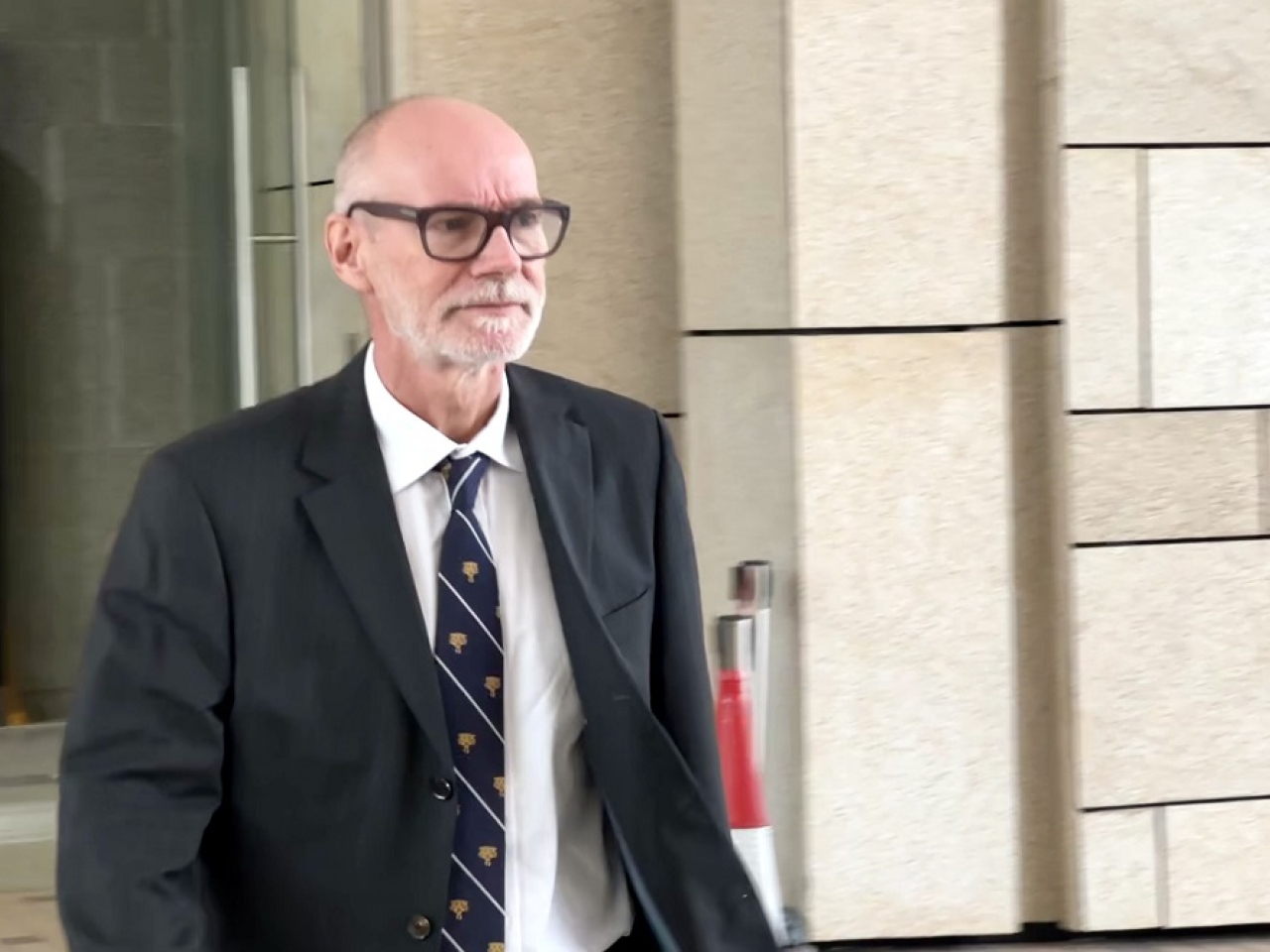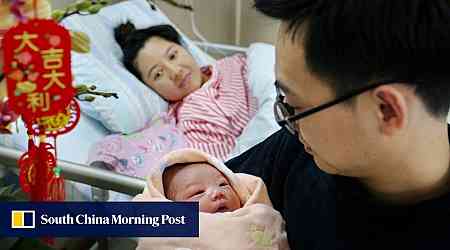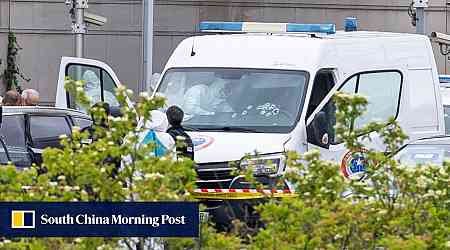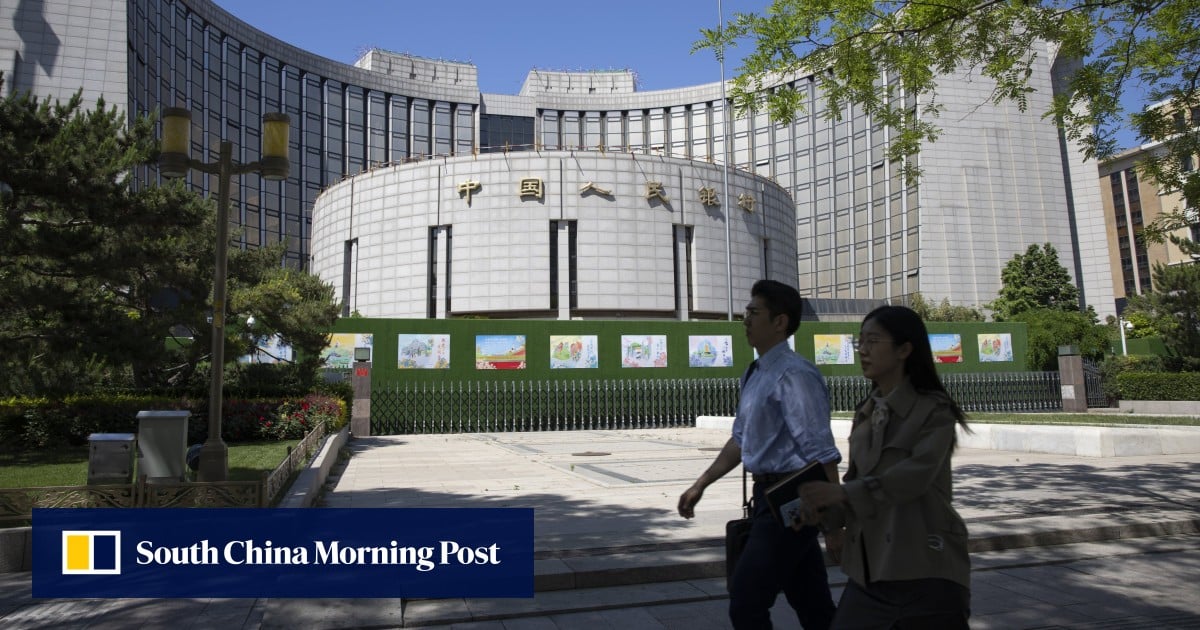A transplant surgeon has stressed that a second organ transplant for a liver disease patient was the only way to keep her alive, as the Coroner’s Court heard conflicting explanations as to why the patient developed acute hepatic failure before her death. Tang Kwai-sze, a hepatitis B carrier, underwent two liver transplants at Queen Mary Hospital in April 2017 and died in August that same year at the age of 44. Two doctors who treated Tang at United Christian Hospital, Lam Chi-kwan and Chan Siu-kim, were later found guilty of professional misconduct for failing to prescribe an antiviral drug she needed. Henry Pleass, a transplant surgeon in Australia, said it was unfortunate that medical practitioners did not give Tang medication needed along with the steroids she was taking. “It’s our modern system with many other doctors looking after one individual. There’s no continuation,” he told the inquest's five-person jury and coroner Monica Chow. “We made the assumption that people have thought about the issue, and thought about the risks.” Tang had experienced medical issues after the first transplant and Pleass said while doctors could have treated her conservatively, the surgery for a new organ gave her a chance of survival. On the cause of Tang’s liver failure, Pleass said it was “absolutely” because of a hepatitis B flare-up, ruling out the possibility of autoimmune hepatitis as suggested by another expert witness. Earlier, histopathologist Wilson Tsui said it was more likely that Tang suffered from autoimmune hepatitis. Tsui said the high count of plasma cells and the absence of serologic markers, which are used to identify antibodies formed following an infection, indicated that a hepatitis B flare-up was less likely to have been the case. “To differentiate between a reactivation of hepatitis B and autoimmune hepatitis, [the count of plasma cells] is a relatively important index,” he said. But James Fung, an expert witness called to give evidence again after Tsui’s testimony, said the majority of patients with an acute hepatitis flare-up would still test negative for such serological markers. Fung, a transplant hepatologist at Queen Mary Hospital, also noted that while a higher count of plasma cells is commonly associated with autoimmune hepatitis, there could be exceptions. “Especially with very severe acute flares of hepatitis B, [plasma] cells themselves are often seen in these severe cases,” he said. The hearing continues.































